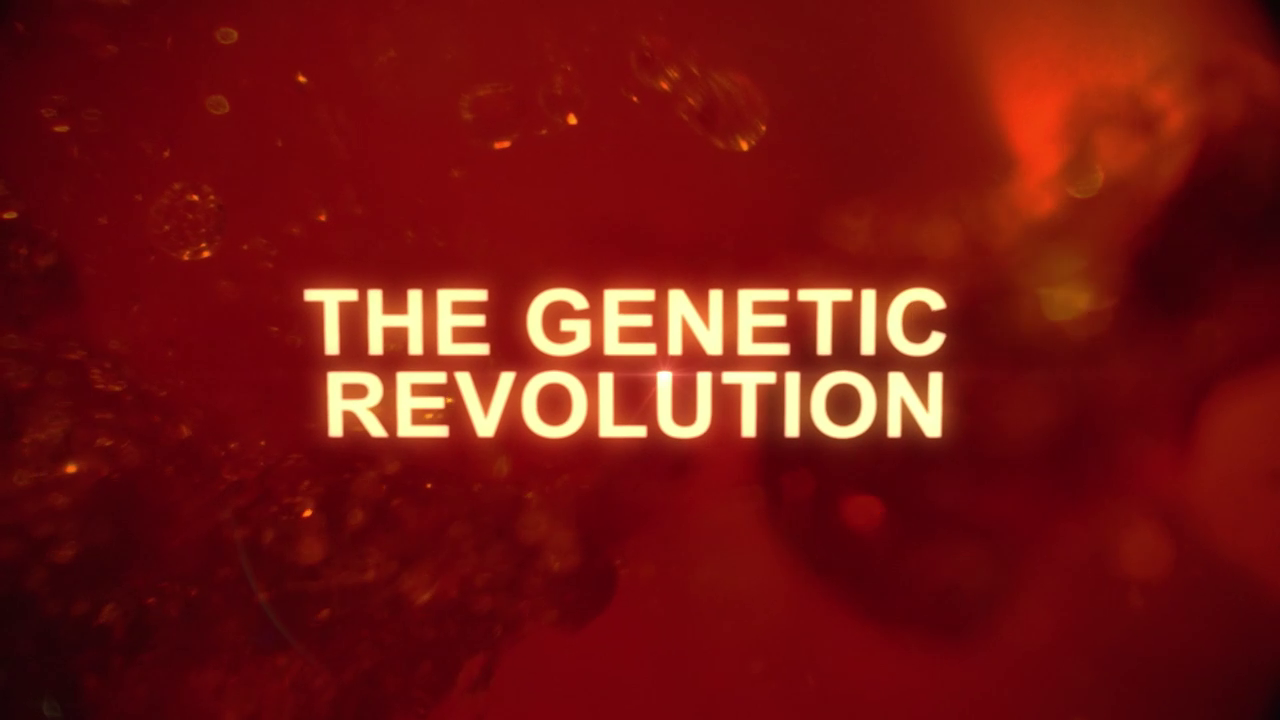You are here
CBC The Nature Of Things (2018.11.11) The Genetic Revolution
Primary tabs
| Size | Seeds | Peers | Completed |
|---|---|---|---|
| 1.1 GiB | 0 | 0 | 57 |
| File | Duration | Resolution | Video Format | Audio Format |
|---|---|---|---|---|
| CBC-TheFifthEstate.20181111.s44e05.ChurchOfSecrets.BankingOnCordBlood.1280x720.mp4 | 45m10s | 1280x720 | AVC | AAC |
 .
.
Technologies like CRISPR are making it possible to quickly and cheaply change the DNA of all living things, including humans. Today, genes can be edited almost as easily as words on a computer screen. This new ability to alter our DNA holds the promise of curing disease, saving threatened species, solving the problem of world hunger and maybe even obtaining human perfection. But will the promise be fulfilled and at what cost?
The ability to gain control of our DNA is ground-breaking and revolutionary but there are varying opinions among scientists as to how the technology should be used responsibly. The Nature of Things documentary The Genetic Revolution follows the science as it progresses at a breakneck speed.
The film begins in Dallas Texas, where we meet Ben Dupree, a young man suffering from the deadly hereditary disease Duchenne Muscular Dystrophy. There is hope for Ben thanks to ground-breaking research by Dr. Eric Olson. Through the use of new techniques, Dr. Olson has isolated the gene that causes Ben's crippling illness. With the use of CRISPR, he has been able to successfully edit the Duchenne causing gene in laboratory trials. This new treatment is extremely promising, and the race is on as Dr. Olson awaits human trials for his innovative treatment, and to help Ben.
In rural China, geneticist Dr. Liangxue Lai has isolated the genes for hyper muscle growth and created a new breed of "super beagles". These muscular beagles tower over their non-genetically altered siblings and signal a changing world for the future of animal husbandry. What does this mean for ourselves? Could this technology be used by human athletes for a competitive edge?
In New York City, Dr. John Zhang has revolutionized fertility science, creating the first three-parent baby. But some worry that these new advancements in fertility science will lead to designer babies, or worse yet, the homogenization of humanity, erasing our diverse physical and neurological traits that make us human.
Dr. Pablo Ross, at the University of California, is creating organs using human DNA in pigs. The dream is to one day create animals that are able to carry human organs ready for transplant. Elsewhere in California, a ‘bio-hacker’ named Josiah Zayner wants to ‘democratize’ gene-editing technology by selling CRISPR kits online. One controversial bio-hacker named Tristan Roberts is even attempting to treat his own HIV with the technology. The bio-hackers believe that this new technology is for everyone, but critics are quick to point out the medical dangers and ethical questions involved.
MORE:
The future is here: three ways gene editing could change the world
Human gene editing can change the world — but Canada's laws are restricting progress
Meanwhile, in Martha’s Vineyard, Dr. Kevin Esvelt is fighting Lyme disease using breakthrough gene editing techniques. Dr. Esvelt is attacking the problem by editing the genetic code of the mice that carry Lyme disease, forever changing the species genetic makeup. But many fear the ethical and environmental impact of forever changing the genetic code of an entire species.
As genetic technologies like CRISPR propel us into the unknown future, many questions wait to be answered. As Francis Collins, Director of the National Institutes of Health says, "this has been an intense ethical debate about are we crossing a line... that certainly is not something that would happen in nature? Is it safe? That would be a good thing to know."
The Genetic Revolution shows that human science is at a tipping point. Human beings are at the very cusp of technologies and decisions that can change the world as we know it.
- Log in to post comments
